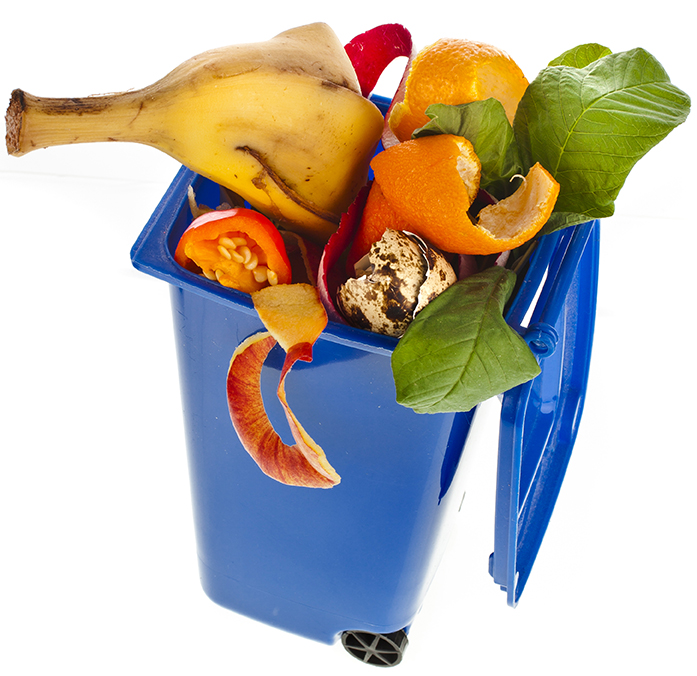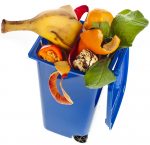Nearly 40% of U.S.-produced food is not consumed, according to a 2018 report by The Center for Biological Diversity. In addition, retailers are named as the largest culprits when it comes to food waste. IBM estimates that supermarkets tossed about 16 billion pounds of food last year alone. The technology company is working to get more involved in this problem and is holding the Food Waste Developer Challenge in an effort to find solutions to help reduce waste.

“Often, innovation comes from unexpected places. IBM’s sponsorship of the Food Waste Developer Challenge encourages developers to use their unique expertise toward solving some of society’s hardest problems,” says John Walicki, senior technical staff member, CTO IoT developer advocacy at IBM. “We hope to ignite an open community of impassioned developers to create solutions that improve the food supply chain and reduce food waste.” In a Q&A with Food Safety Tech, Walicki explains the important role that technology could play in stopping the ongoing food waste problem.
Food Safety Tech: What are the biggest challenges in addressing food waste?
John Walicki: One big issue is that the data around a product’s age, origin and journey lies with different parties or isn’t being tracked at all. Without shared visibility into these product attributes, at all stages of their life, it’s hard for grocers and producers to optimize how they sell and fulfill each item to guard against waste. And while less waste has a direct impact for the bottom line, more than ever, it has just as big of an impact in the mind of the increasingly belief-driven customer. According the 2018 Edelman Brand Survey, nearly two-thirds of consumers now choose, switch to or boycott a company based on its stand on societal issues, up from 51% in 2017.
FST: What is the goal of IBM’s Food Waste Developer Challenge?
Walicki: The goal of the challenge is to excite and crowd-source the minds of the developer community to create creative cloud-based, AI-enabled solutions for reducing food waste. For example, developers in the challenge have access to open-source code patterns for IoT, blockchain, AI-enabled bots, and more from IBM they can leverage in creating a solution. Nearly all of these capabilities are available for free on the IBM Cloud.
FST: Where are the key areas in which the food industry should be collaborating to solve these issues?
Walicki: The supply chain is the area [that] a lot of food retailers and producers are looking at. Better visibility into where the food is coming from, when, and its conditions are key in understanding when food will perish, etc. This involves collaboration from every partner all the way from the farm to when the customer purchases the product. The food chain is such a connected eco-system today. It’s really a team game in terms of generating solutions.
In addition, retailers are working to get better visibility into real-time on-hand inventories, so they can better know exactly how much of a certain product they have, so they can take prescriptive action if needed. More and more this type of insight requires the integration of data across many systems, both cloud-based and not. This means tight collaboration for food retailers internally and with suppliers.




